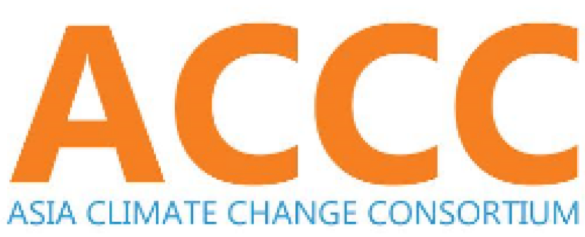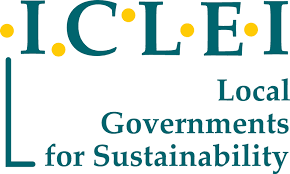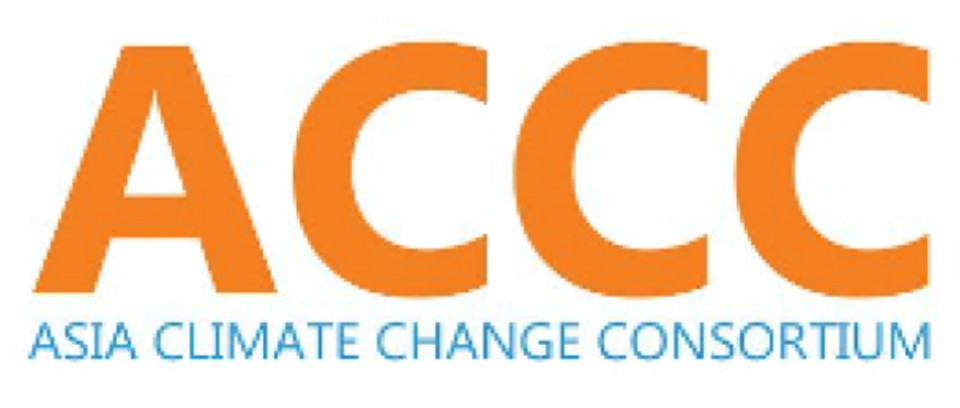Our members primarily work with communities as well as their local and national governments. ACCC members bring the perspectives of the people most affected and lobby for their interests in the face of a changing climate in the regional and global institutions influencing policy and decision-making to arrive at ambitious targets for climate change mitigation, appropriate adaptation and robust means of implementation. In turn, the members bring the regional and global actions and commitments to the attention of their local and national governments for their country climate action. Also we are influencing the local and national budgets to ensure the budget allocation for climate change, disaster risk reduction, sustainable development are allocated and spent with transparency, accountability, peoples’ participation and gender justice.
Our Calls
1. Keep the temperature increase well below 1.5oC to avert climate hazards that put lives at risk.
This means a shift to 100% Renewable Energy is critical to us. 100% RE will ensure that temperature increase does not go beyond 1.5 degrees Celsius by 2040. We, therefore, call on all governments, financial institutions and all investing institutions to divest from dirty energy; and enhance their investment portfolios with RE. We also call on the phase out of existing coal plants and to desist from building new coal-fired power stations. In the context of climate justice, any replacement such as hydro or nuclear power must take into consideration the impacts they have on the environment.
2. Natural and permanent sinks
Peatlands and wetlands are carbon sinks and storage; hence, they are critical to climate action. We, therefore, strongly call to include peatlands and wetlands conservation in each country’s locally determined climate action.
3. Resilient cities and communities
Resilience-building is utmost to ensure that all communities survive hazards, most especially those exacerbated by climate change. The localization of international agreements such as the Sustainable Development Goals, Sendai Framework on DRR and the Paris Climate Agreement is critical to reduce vulnerabilities and increase capacities leading to resilience. Therefore, the members of ACCC call on their governments to take seriously the disaster risk reduction and climate change adaptation program of their communities.
4. Loss and Damage
When adaptation is no longer possible, loss and damage occur. With the adoption of the Paris Climate Agreement which reaffirmed the Warsaw International Mechanism for Loss and Damage as the main vehicle under the UNFCCC process to avert, minimize and address loss and damage associated with climate change impacts, including extreme weather events and slow onset events, the need to fast track its implementation is of utmost importance. Resources meant to address compensation must be a priority under the mechanism. We, therefore, call on the country Parties to facilitate the finalization and implementation of an appropriate Loss and Damage mechanism. We also continue calling for compensation under the concept of social protection and resources meant to address compensation must be on top of the current climate finance.
5. Technology Transfer
Technology Transfer, under the UNFCCC, is a critical component of implementing climate action. Despite progress, the world still needs to see aggressive action in transferring technology to countries that need them most in their fight to address the impacts of climate change. We, therefore, call for the decentralization of technologies and develop local capacities to understand and access technology for both mitigation and adaptation purposes. We also call for support for local technologies as well as the freeing up of critical technology intellectual property rights to help communities. We finally call for an end on false solutions such as carbon capture and storage, Geo-engineering, among others.
6. Climate Justice
Climate Justice is the hallmark of the UNFCCC when Parties declared that they have common but differentiated responsibilities. Because the responsibility is common, we believe that there should be a fair share in our fight against climate change. However, this fair share should not prejudice the developing countries’ right to development particularly in access to finance, technology as well as compensation. We, therefore, call on the Parties particularly the developed countries to more ambitious mitigation action on their part, support in the form of climate finance and technology transfer to developing countries. We strongly call on all Parties to proceed on a development pathway that respects human rights and environmental integrity.#




 c/o Rice Watch Action Network
c/o Rice Watch Action Network